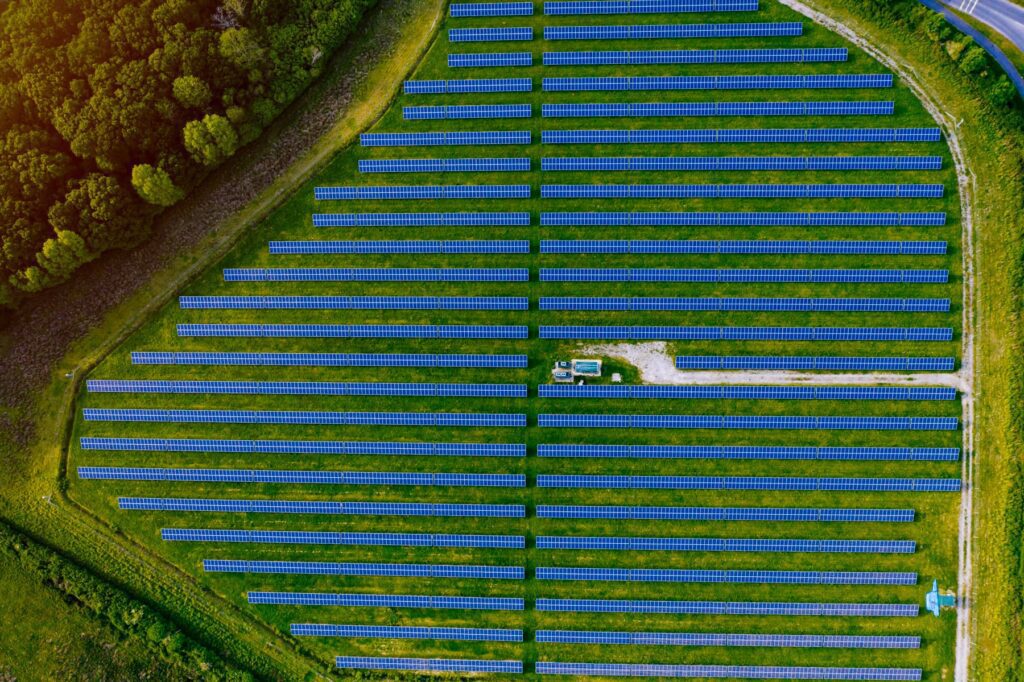The Government’s recent policy shift announcement to slow down elements of Net Zero plan is a direct reflection of the scale of costs and resources needed to deliver some of the goals. One such goal is upgrading our national grid transmission infrastructure.
With the renewable energy market in the UK burgeoning, the number of grid connection applications being made each year has rocketed. Over 1700 new applications were made in the year up to March 2023. This was a threefold increase in the number of applications received just five years ago.
The upsurge in new applications, alongside an already bureaucratic process, has led to a large backlog in connections being made. As of August 2023, the National Grid reported a backlog of some 395GW of contracted applications for the calendar year to date. This backlog has serious knock-on consequences in terms of delays in connections and is particularly problematic for developers without sufficient long-term funding in place. It is currently being reported that 10-12 years is a realistic expectation from application to connection. The Government, Ofgem and industry are all working hard to find ways to tackle the backlog. A new connection process is being brought forward with the expectation of a roll out in 2025.
From a real estate perspective, the long lead in and potential delays in grid connections add uncertainty and risk to property development. This is particularly the case as renewable heat and power elements become more commonplace within sustainable development schemes and increasingly prescribed through legislation as well as planning policy, at both national and regional level.
Those involved in real estate development will need to ensure that any planning and infrastructure requirements for new development schemes are matched by the ability to procure necessary grid connections. Developers should, in particular, think carefully before accepting obligations to deliver and commission new renewables which may be sought under planning and infrastructure agreements or by way of commitments to owners of retained land or other third parties. Instead, implementation of development should be planned to take account of the likely availability of connection.
For developers seeking more advice on connection agreements please contact Richard Walford and Stephen Newson in our Development and Energy teams in the first instance.




